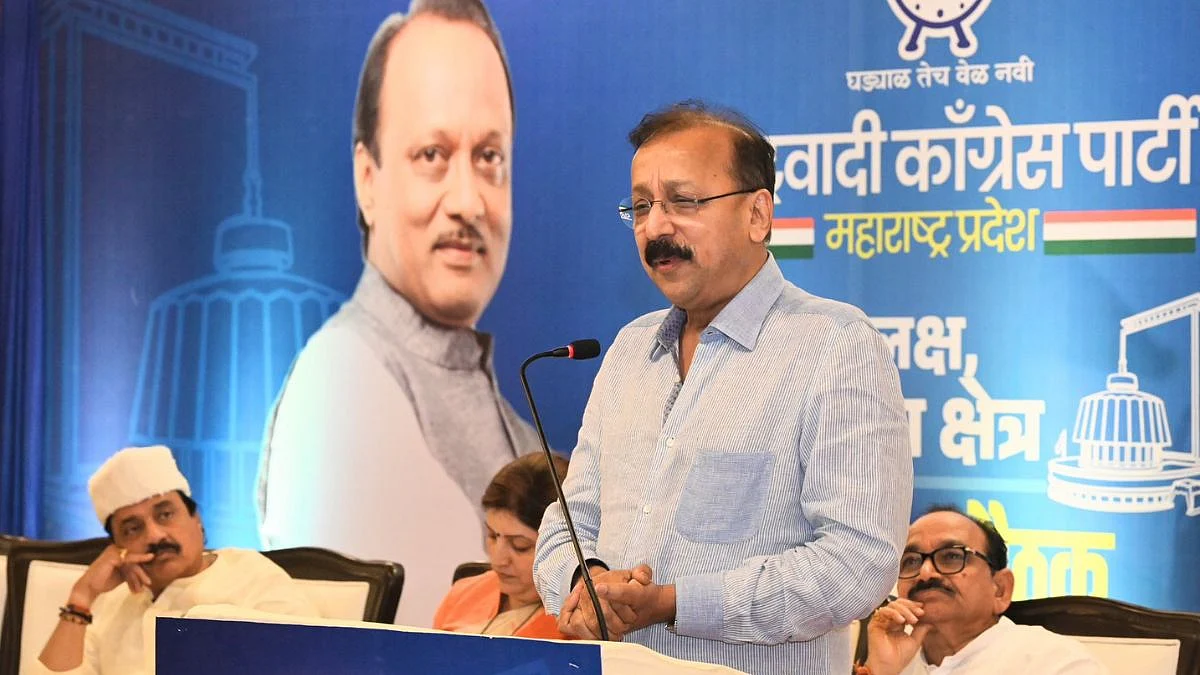Any rental income earned from house property is ordinarily offered to tax under the head ‘Income from House Property’ by most taxpayers. Under this head, a taxpayer is allowed to deduct the property taxes paid and also claim interest paid on loans taken for the purchase/ construction of the said house property.
Along with these two deductions, the taxpayer is also allowed to claim a standard deduction of 30% from the rental income earned for the said year. This standard deduction is supposed to take care of various expenses incurred by the taxpayer towards the said property namely maintenance, repairs, insurance, etc. The standard deduction at the said percentage is allowed irrespective of the level of actual expenses incurred by the taxpayer. Another way to look at this standard deduction is that the taxpayer’s claim for expenditure incurred on the said property is restricted to this 30%, even if the actual expenditure incurred is more than the same.

On the contrary, if the taxpayer is engaged in the business of letting out properties and wants to offer rental income earned from such properties as business income, s/he is allowed to claim all the expenses that are incurred in connection with such properties against such income. And, it is this very classification of income as rental income or business income that at times becomes the subject matter of dispute between taxpayers and tax officers.
In this week’s case, a taxpayer was carrying on a manufacturing business since the year 1963 in an industrial shed, which was taken on rent. The taxpayer discontinued the said manufacturing business in the year 2004. Later, the taxpayer sublet the business premises to another company.
In its return for the assessment year 2012-13 (relevant year), the taxpayer had shown a rental income of Rs. 29.05 lakhs received from the said premises as income under the head Business. The tax officer observed that the rental income for one of the previous years (that is, AY 2010-11) was assessed as income from house property. During assessment for the relevant year, the tax officer formed the view that as per the lease agreement, the taxpayer was the absolute owner and in possession of the premises, and hence the rental income received from letting out the property has to be assessed as income from house property. Accordingly, the tax officer allowed the statutory deductions permissible for income under house property and added back an income of 20.16 lakhs (being the expenses claimed by the taxpayer as business expenses) under the head House property.
The taxpayer preferred an appeal against the said order at the first level of the appellate authority, who agreed with the tax officer’s decision.
At the second level, the taxpayer argued that the basic premise on which the rental income has been assessed as house property by the tax officer is completely wrong, as the taxpayer is not the owner of the property. In support of his argument, the taxpayer submitted a copy of the leave and license agreement, where it has been mentioned that the taxpayer is not the owner of the property but only a monthly tenant. The taxpayer is a tenant of the said property since 1963. However, he cannot be held as an owner, as neither the taxpayer is appearing as an owner in government records nor any other authority. The tax officer argued that the taxpayer is a deemed owner of the said property and hence the addition to income was correct.
The tax Tribunal summarised the core issue in this case as to whether the taxpayer can be treated as owner or deemed owner of the property to consider the rental income received from subletting as income from house property. The Tribunal was of the view that before treating the taxpayer as owner or deemed owner of the property for treating the income derived from subletting of the property as house property income, the tax officer must bring material on record to establish such fact.
While the tenant agreement papers demonstrate that the taxpayer is in possession/occupation of the property as a monthly tenant; it was incumbent upon the tax officer to prove that the taxpayer is enjoying ownership rights in the said property. For this purpose, it was also necessary to examine whether provisions of the Income Tax Act for deemed ownership in case of long leases (for a term greater than 12 years) would be applicable. The Tribunal observed that none of these factual aspects have been properly examined before treating the rental income as income from house property by the tax officer.
Given the same, the Tribunal remanded the case back to the tax officer for verification and a fresh assessment.
Points to remember
A taxpayer is allowed to claim a deduction of property taxes paid, interest on home loans and a standard deduction of 30% against rental incomes
The standard deduction is restricted to 30% irrespective of the expenditure incurred by the taxpayer
All expenses incurred wholly and exclusively in connection with earning of rentals are allowed as a deduction if the rentals are claimed as business income
(Arvind Rao is the Founder of Arvind Rao and Associates, a tax and financial consulting firm based in Mumbai)













